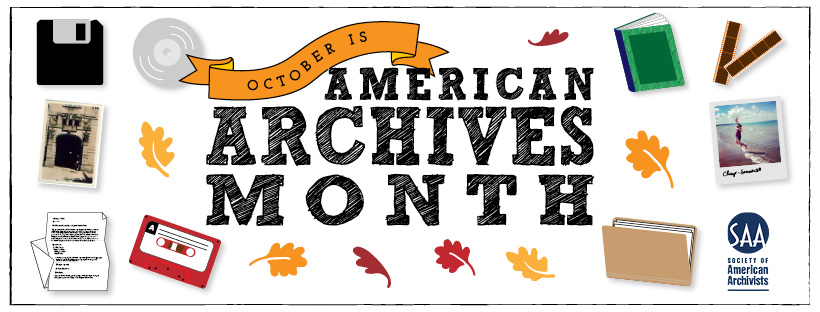UCSF Archives and Special Collections is pleased to announce that 93 cartons have been processed and added to the J. Michael Bishop papers. The collection was first processed in 2016 with a total of 19 cartons, it grew to 142 linear feet. The new material includes lectures, correspondence, memorabilia, and committee files. The collection’s finding aid is available publicly on the Online Archive of California.

Bishop is the recipient of numerous awards in addition to the Nobel Prize, including the Albert Lasker Award for Basic Biomedical Research and the American Cancer Society National Medal of Honor. In 1989, Bishop and his colleague, Harold E. Varmus, were awarded the Nobel Prize in Physiology or Medicine for the discovery that growth regulating genes in normal cells can malfunction and initiate the abnormal growth processes of cancer.In 2003, he was awarded the National Medal of Science. On July 1, 1998, J. Michael Bishop became eighth chancellor of UCSF, and presided over what would become the largest academic biomedical expansion in the nation-the creation of the UCSF Mission Bay campus.

The collection is arranged into twelve series which include: Series I. Writings and publication files; Series II. Teaching files; Series III. Laboratory research notebooks and binders; Series IV. Working files; Series V. Scrapbook and artifact; Series VI. Exhibit files; Series VII. Committee files; Series VIII. Correspondence; IX. Postdoctoral files; X. Meetings and Travel files; XI. Lectures and Remarks; XII. Photographs, Slides, and Audio/Visual Material.
You can view the collection’s finding aid and many other UCSF collections’ finding aids on the Online Archive of California.

